JournalismPakistan.com | Published July 23, 2012 | Daud Malik
Join our WhatsApp channel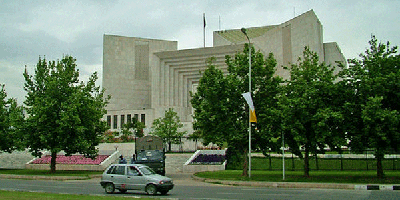
ISLAMABAD: Like everybody else in this country, two senior journalists have now ‘knocked’ the Supreme Court doors, praying for forming a media accountability commission.
Apart from looking into the earning sources of the television anchors, owners of the media houses and advertizing agencies, the petition also prays for forming a code of conduct for the news industry.
Following the filing of the petition last week, the two journalists have been stressing the credibility of the media is at stake, especially in the background of the Dunya TV-Malik Riaz interview.
However, it has been proven beyond doubt that going to the highest court for everything under the sun is not such a good policy. Credibility cannot be restored through ‘court’s orders’.
The credibility of media was not lost in the courtroom. It was lost on the TV screens. It was lost because the ‘leading lights’ of the media in Pakistan could not properly handle the ‘celebrity status’, especially after the March 2007 movement for the judges’ restoration.
The ‘celebrity status’ gave television anchors a wrong sense of being the ones who could set all the wrongs right. In the bliss of this newfound ‘misguided’ role, the journalists forgot they were not judges, they were not politicians, they were not lawmakers, they were not social activists, and they were not to police the society. And when they tried to be the answer to all ills, they made a sorry mess of themselves.
Today from the Maya Khan policing episode to anchors exchanging allegations of corruption against each other to Matiullah Jan’s search for transparency, media’s credibility is touching new lows.
Editorial policy has been sacrificed at the altar of ratings, with the owners – the high priests – caring more for business than balancing it with the content. In a politically volatile country every institution is asking the other, including media, to show restrain, but because the stakes are too high nobody is interested in heeding the advice.
The perennial fight for space in the political domain between the pillars of the state – executive, parliament, judiciary and the military – has become bitter as media has also become a party to it. But media is all about putting up the show, bringing everything out in the open, even when you have no intention to do so. This hurts the people in the power and then they take ‘measures’ – especially in a country like Pakistan – that create doubts about credibility.
It is still to be seen if Supreme Court forms a commission or not, but it is certain a courtroom judgment cannot restore the lost credibility. It will only be restored when journalists become journalists, understanding ideally they are to impartially ‘investigate’ and ‘report’.
They are not to tell the nation they are the panacea to all its problems. Nowhere else media takes on such a role, even if it means a sudden rise in ratings.
Media has to start living by impartiality, strictly knowing where its limits end, and strengthening editorial controls. In the absence of strong editorial controls, the media in Pakistan would continue to drift from one extreme to another.
One may laugh off these suggestions but if media is to gain some of its lost ‘glory’ in Pakistan, it has to limit itself to the role of impartially showing what it has got, and for the time being shun show(wo)manship.
(The writer is a senior journalist who has worked for The News and Dawn)
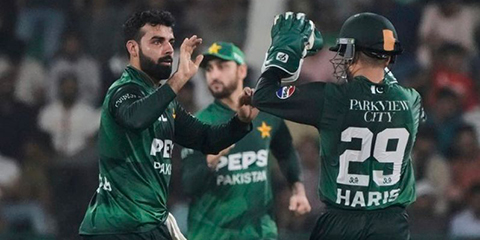
June 11, 2025: Pakistan celebrated a narrow win over Bangladesh, but beneath the jubilation lies a deeper crisis—from sidelined veterans to a collapsing domestic structure—signaling an urgent need for cricket reform.
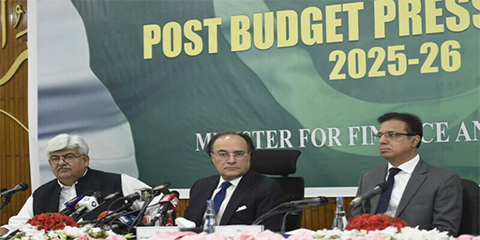
June 11, 2025: Journalists walked out of the post-budget press conference in Islamabad to protest the absence of a technical briefing and the government's dismissive behavior, calling it unacceptable and intolerable.
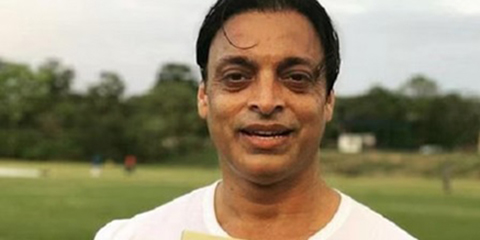
May 31, 2025: Dr. Nauman Niaz has issued a defamation notice to Shoaib Akhtar over derogatory remarks made during a recent broadcast, reigniting a longstanding media feud between the two prominent figures in Pakistan.

May 30, 2025: The Human Rights Commission of Pakistan has demanded the full repeal of PECA, citing its vague language, coercive powers, and threats to free speech and digital rights in Pakistan.
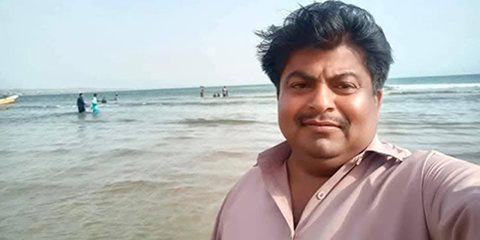
May 30, 2025: The Pakistan Federal Union of Journalists (PFUJ) has condemned the murder of journalist Syed Mohammed Shah in Jacobabad, calling for urgent justice and improved safety for media professionals in Sindh.

May 26, 2025: In Rawalpindi, police allegedly side with Jang Group to block 66 reinstated employees from resuming work despite court orders, drawing sharp criticism from unions and press freedom advocates.

May 25, 2025: PFUJ condemns the Jang Group's decision to dismiss over 80 employees in Rawalpindi, calling it an 'economic massacre.' The union warns of nationwide protests if workers are not reinstated.
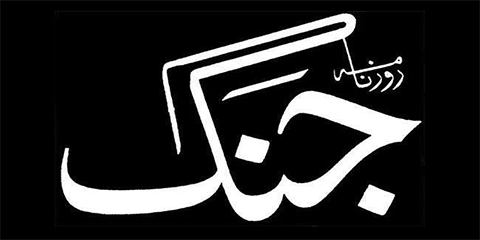
May 25, 2025: Daily Jang Rawalpindi has terminated over 80 employees, including female staff, despite multiple court rulings in their favor—raising concerns over labor rights violations and misuse of authority in Pakistani media.
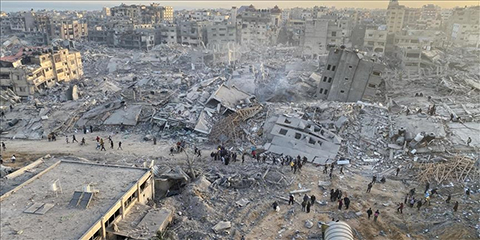
May 19, 2025 PJS reports 219 Palestinian journalists killed in Israeli attacks since October 7, with 30 women among the victims. Over 430 were injured and 685 family members were killed. Read more on the systematic targeting of media in Gaza.

May 15, 2025 Discover the legacy of Samiullah Khan, Pakistan’s legendary "Flying Horse," whose breathtaking speed and artistry redefined hockey. From Olympic glory to World Cup triumphs, his story is one of myth, movement, and magic.
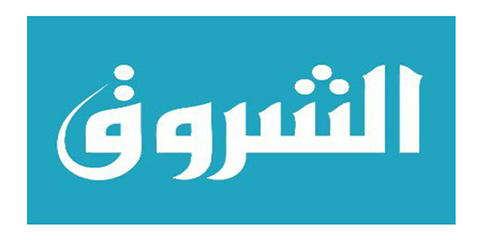
May 04, 2025 Algerian authorities suspend Echorouk News TV for 10 days after it used a racist slur against African migrants. ANIRA demands an apology, calling it a violation of human dignity.

May 04, 2025 NCHR and MMfD launch a journalism fellowship to train reporters on digital rights & gender inclusion in Pakistan. Supported by UNESCO, this initiative aims to bridge the gender digital divide. Apply by May 15, 2025!
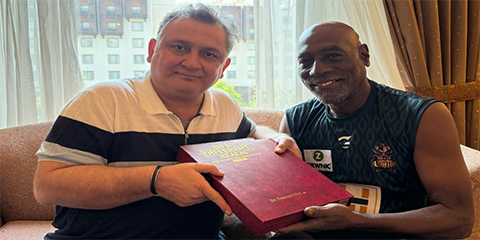
April 23, 2025 Discover Dr. Nauman Niaz’s In A Different Realm: Story of Quadruple & Triple Centuries 1876–2025, a profound exploration of cricket's most monumental innings, blending historical analysis with poetic narrative.